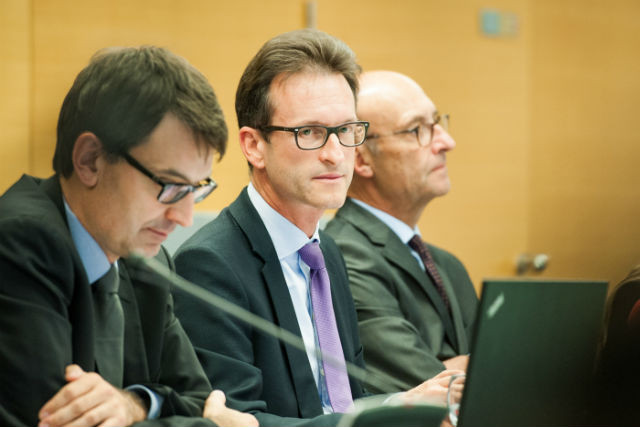The first will be hosted on 8 or 11 February and feature representatives from the European Commission and the foreign affairs ministry.
“Unfortunately, we won’t be in a situation where we will have an answer for everything. But, that’s normal in such a difficult and particular situation,” chamber of commerce director Carlo Thelen told Delano on Wednesday.
The event is the body’s first response to the UK parliament’s overwhelming rejection of Theresa May’s Brexit withdrawal deal on Tuesday, which paves the way for a no-deal Brexit come the 29 March deadline.
Thelen said his priority now was to avoid members becoming panicked and maintaining stability through sharing information. The cycle of conferences comes after a survey of chamber members found that eight out of ten needed more information about the impact of Brexit on their business activities.
Thelen said that in particular SMEs with no direct contact with the UK had the biggest need for information since larger firms had already made contingency plans and smaller firms would need to know how it could impact their supply chains, for example.
Thelen told Delano that elsewhere the European Commission was working on a continuity plan, which would involve changing certain directives until 2020, for example in relation to work permits.
“There are temporary agreements for financial services. But, the European passport won’t work. There will be an impact on business that we will have to explain and give the procedural affairs to companies,” Thelen said, adding that more information would be available after discussions with the European Commission and foreign affairs ministry.
The director closed by saying that he regretted “it wasn’t possible to convince the British parliament to take a decision that’s in favour of the British population. They are all looking for their political situation instead of favouring the general economy and societal interests.”
